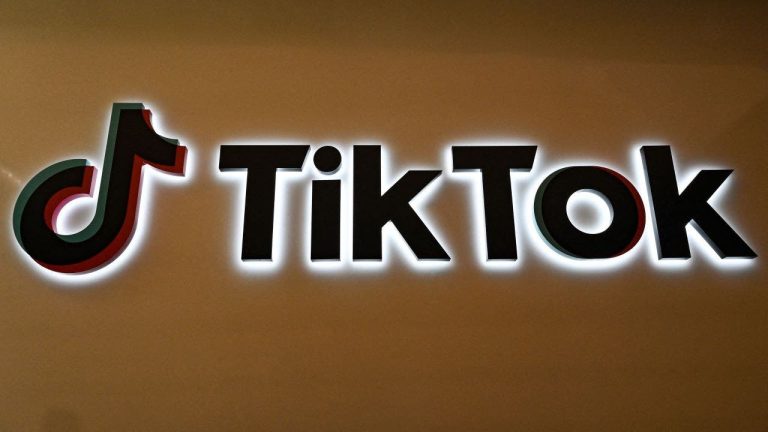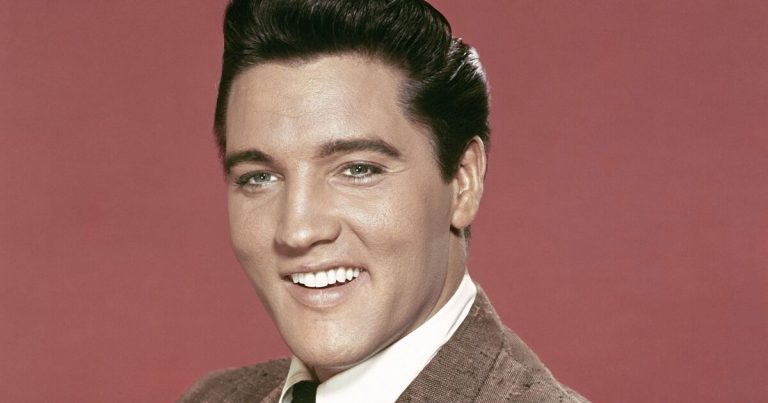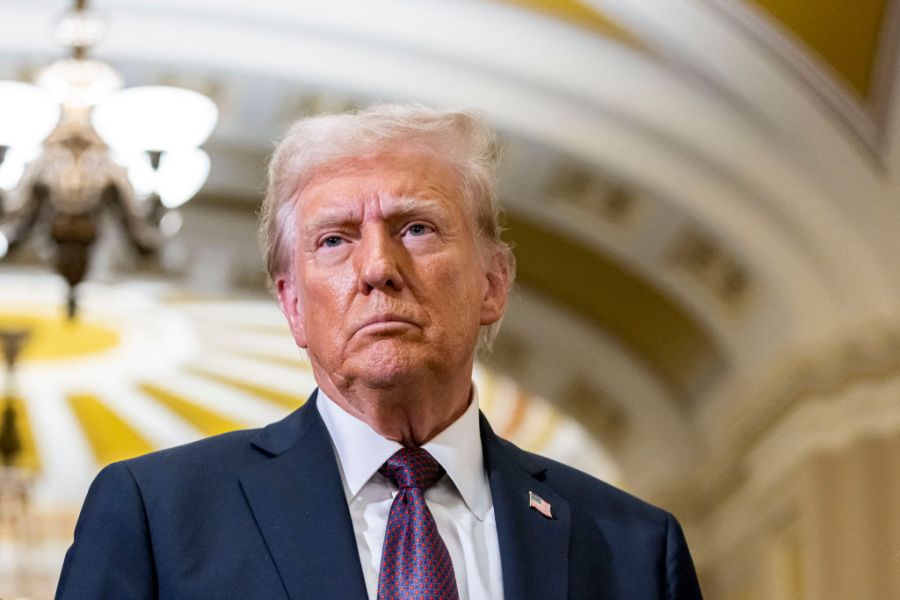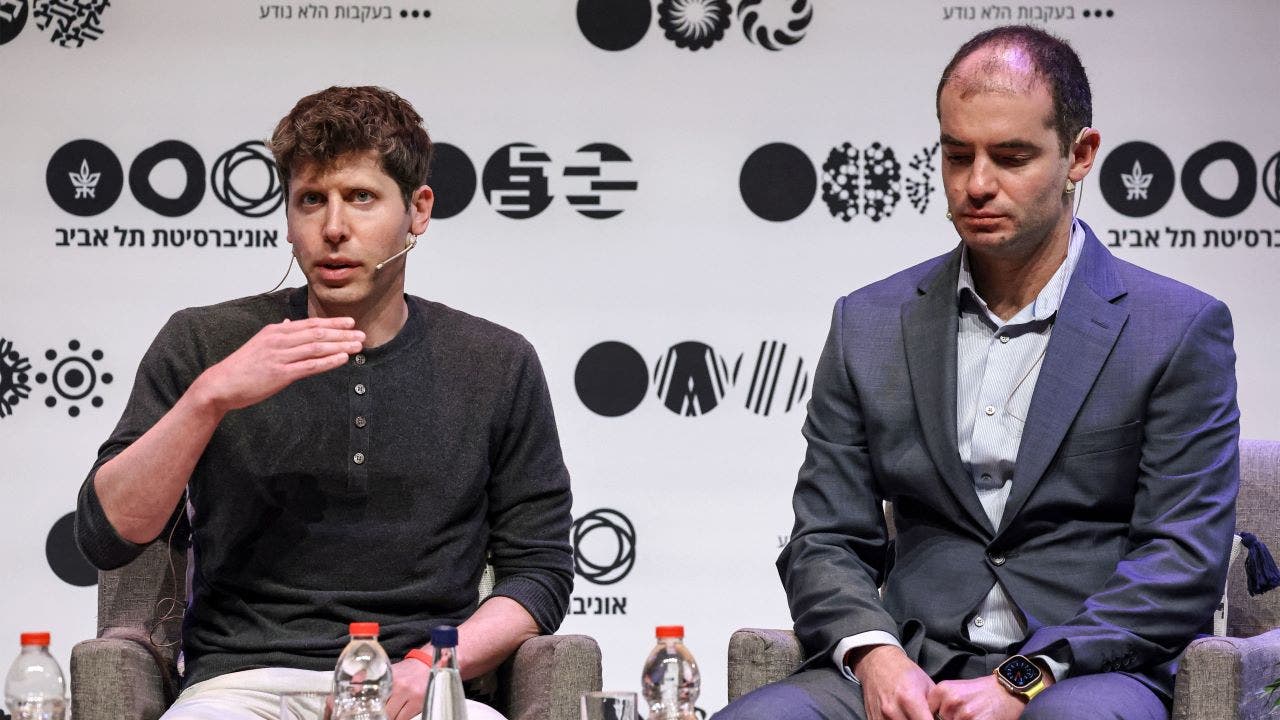
Panelists Ashley Gold and Kristen Ruby react to news of Altmans departure as CEO of OpenAI on Making Money with Charles Payne.
OpenAI has been at the forefront of the artificial intelligence (AI) boom over the last year, and the company’s board of directors made waves last week with its decision to oust co-founder and CEO Sam Altman for not being consistently candid in his communications with the board.
The OpenAI board of directors has a relatively unique structure in that the company’s for-profit, commercial arm is governed by the board of OpenAI’s non-profit 501(c)3 arm. OpenAI was founded as a nonprofit in 2015 and underwent a restructuring in 2019 that created the commercial arm to allow for fundraising while the nonprofit’s mission was preserved. It has risen to public prominence over the last year following its release of ChatGPT.
In the wake of Altman’s ouster, the board of directors has had its hands full with an employee revolt and talks about Altman’s potential return to OpenAI that are reportedly ongoing. It also tapped Emmett Shear as the new interim CEO after the initial interim CEO, Mira Murati, was among those who called for the board to resign over its handling of Altman’s ouster.
WHAT TO KNOW ABOUT OPENAI’S NEW INTERIM CEO EMMETT SHEAR
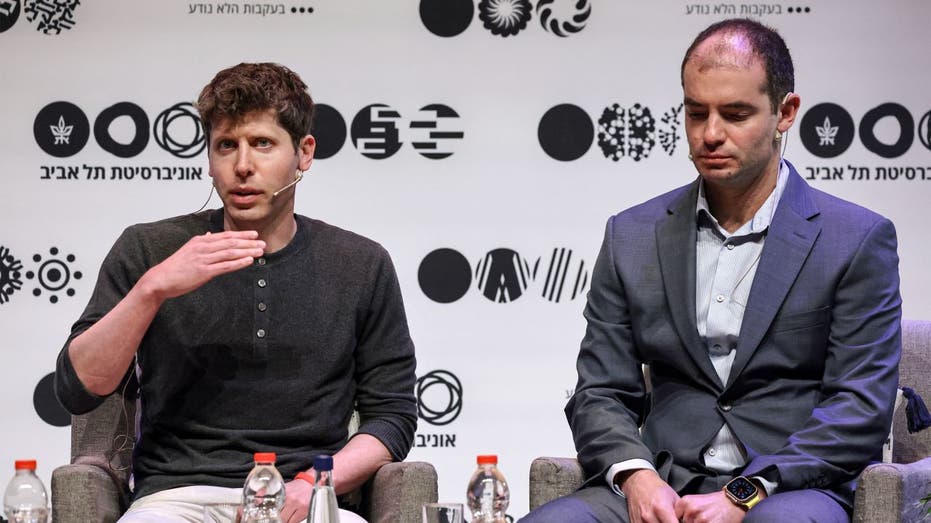
OpenAI co-founder and former CEO Sam Altman (L) was ousted by the company’s board that includes co-founder and chief scientist Ilya Sutskever (R), who has since said he regrets his role in the process. (JACK GUEZ/AFP via Getty Images / Getty Images)
The board may be restructured in the future, as both Shear and Microsoft CEO Satya Nadella, whose company is a major investor in OpenAI and hired both Altman and former board president Greg Brockman amid the turmoil, have expressed an openness to reforming its governance structure. Altman and Brockman were both board members before last week’s shakeup.
| Ticker | Security | Last | Change | Change % |
|---|---|---|---|---|
| MSFT | MICROSOFT CORP. | 373.07 | -4.37 | -1.16% |
The board of directors currently includes OpenAI chief scientist Ilya Sutskever, and independent directors including Quora CEO Adam D’Angelo, tech entrepreneur Tasha McCauley and Helen Toner of the Georgetown Center for Security and Emerging Technology. The board members and OpenAI did not immediately respond to a request for comment. Here’s a look at the background of the remaining board members
OPENAI INVESTORS CONSIDER SUING BOARD AFTER ALTMAN’S OUSTER: REPORT
Ilya Sutskever
Sutskever, OpenAI’s chief scientist, was a co-founder of the company in 2015 and served as its research director after previously working as a research scientist focused on AI at Google. Earlier this year he announced that he was co-leading OpenAI’s “Superalignment” project that uses 20% of the company’s computing power to ensure the AI systems built by OpenAI don’t become harmful to humanity as AI-powered superintelligence advances.
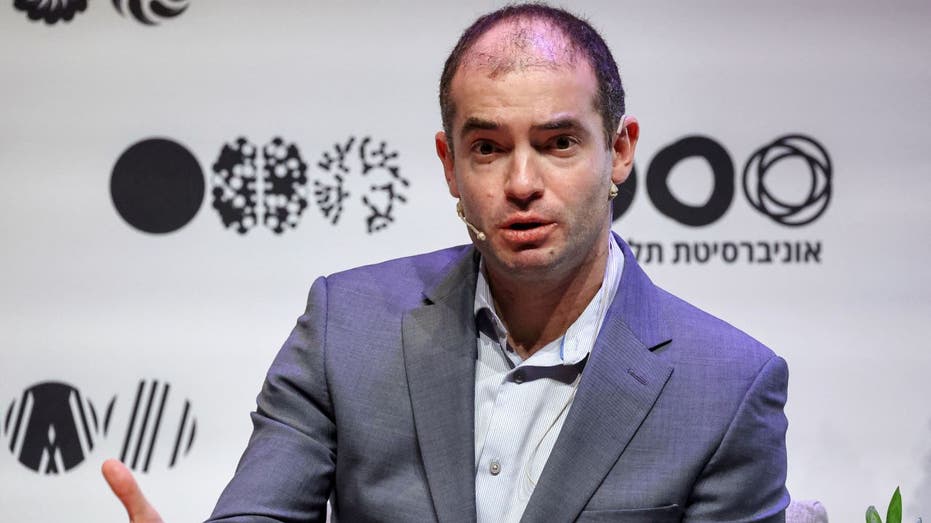
Ilya Sutskever, Russian Israeli-Canadian computer scientist and co-founder and Chief Scientist of OpenAI, speaks at Tel Aviv University in Tel Aviv on June 5, 2023. (JACK GUEZ/AFP via Getty Images / Getty Images)
The Wall Street Journal reported that Sutskever convened the board’s video call with Altman on Friday in which the CEO was fired.
Early Monday, Sutskever took to X, formerly Twitter, to write, “I deeply regret my participation in the board’s actions. I never intended to harm OpenAI. I love everything we’ve built together and I will do everything I can to reunite the company.”
Altman reposted Sutskever’s post with three red heart emojis shortly thereafter.
WHAT IS ARTIFICIAL INTELLIGENCE (AI)?
Adam D’Angelo
D’Angelo, the CEO of Quora, co-founded the firm in 2009 after he previously served as the chief technology officer of Facebook. He joined the OpenAI board in 2018 before it was reorganized to accommodate fundraising efforts.
Late Monday night, D’Angelo took to X to repost Replit CEO Amjad Masad’s post on the platform that said: “Have known Adam D’Angelo for many years and although I have not spoken to him a while, the idea he went crazy or is being vindictive over some feature overlap or any of the other rumors seems just wrong. It’s best to withhold judgement until more information comes out.”
Tasha McCauley
McCauley has been an OpenAI board member since 2018 and is also the CEO of GeoSim Systems, a geospatial tech company involved with developing 3D models of cities.
She holds a degree in electrical engineering from Stanford University as well as a master’s degree in robotics from Carnegie Mellon University.
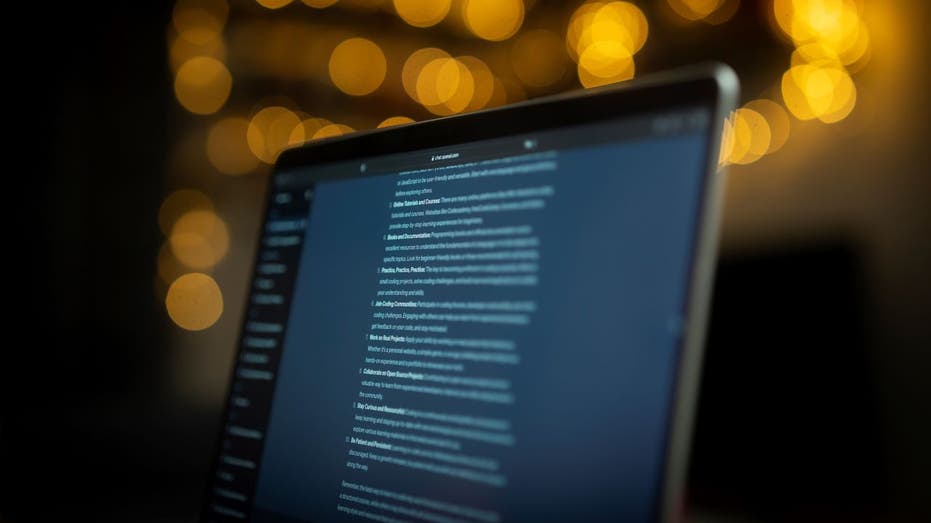
OpenAI has surged in the AI race over the last year following the launch of ChatGPT. (Jaap Arriens/NurPhoto via Getty Images / Getty Images)
GET FOX BUSINESS ON THE GO BY CLICKING HERE
Helen Toner
Toner has been the director of strategy and foundational research grants at Georgetown’s Center for Security and Emerging Technology (CSET) for the last five years. Like McCauley and D’Angelo, Toner isn’t an employee of OpenAI and holds an uncompensated role on OpenAI’s board.
She previously studied China’s AI ecosystem as a research affiliate at Oxford University’s Center for the Governance of AI, and was a senior research analyst at Open Philanthropy.




